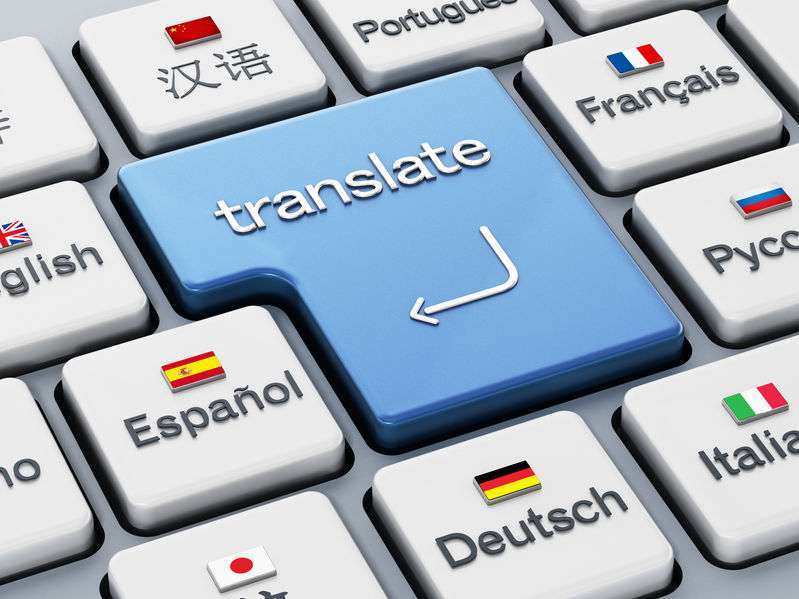If you’re in Tampa and in need of a Spanish translator, you’re not alone. Many businesses and individuals require professional language services in the area. Whether you need a translator for personal or professional reasons, hiring the right person is crucial for success. In this blog, we’ll explore everything you need to know about finding a Spanish translator in Tampa, from where to look to what to expect.
Is there a demand for Spanish translators?
Yes, there is a high demand for Spanish translators in various industries such as healthcare, education, legal services, business, tourism, and government agencies. The increasing globalization of businesses and the growing number of Spanish-speaking communities in countries like the United States have created a need for Spanish-speaking professionals who can communicate accurately in both English and Spanish.
What qualifications do you need to be a Spanish translator?
To be a Spanish translator, you need to have a high level of fluency in both Spanish and English. Completing at least a bachelor’s degree in translation, foreign languages, or a related field can give you an edge in the job market. Earning industry certifications, such as those from the American Translators Association, can also help demonstrate your competence and expertise.
What is the average rate for a Spanish translator?
The average rate for a Spanish translator can vary depending on the type of translation services required, language pair, and experience level. According to the Bureau of Labor Statistics, the median hourly rate for interpreters and translators in the United States is $24.92, but this can range from $15.47 to $43.93 per hour.
Why Hire a Spanish Translator?
There are countless reasons why you might need a Spanish translator in Tampa. For starters, Spanish is the second most spoken language in the United States, after English. More than 41 million people in the U.S. speak Spanish as their first language, and countless others are bilingual or learning the language. If you work in a field that requires communication with Spanish speakers, like healthcare or law enforcement, having a translator on hand can be crucial. Additionally, if you’re planning a trip to a Spanish-speaking country or have family members who don’t speak English, a translator can help you bridge the language gap and communicate effectively.
Can you make a living as a translator?
Yes, it is possible to make a living as a translator. The demand for translations, including Spanish translation, is expected to continue growing in the coming years. Freelance translators or those who work for translation agencies may need to search for clients or projects, but with experience and a good reputation, they can establish a stable income.
How many languages do you need to learn to become a translator?
There isn’t necessarily a set number of languages you need to learn to become a translator. However, most professional translators are fluent in at least two languages and have a high level of proficiency in both. Some translators may know three or more languages, which further expands their ability to work with different clients and documents.
How much does a Spanish freelance Translator make?
The amount that a Spanish freelance translator makes can vary depending on several factors such as experience, expertise, and demand for services. According to Glassdoor, the average annual salary for a freelance translator in the United States is around $57,000, but this can range from less than $30,000 to over $100,000 per year. It is important to note that freelance translators typically do not receive benefits such as health insurance or paid time off, so they may need to budget for these expenses.
Where to Find a Spanish Translator in Tampa
Once you’ve decided that you need a Spanish translator, the next step is to find one. There are a few different places you can look for a professional language service provider in Tampa, including:
Online directories:
One of the easiest ways to find a Spanish translator in Tampa is to search online directories like Yelp or Google. These websites often have lists of language service providers in the area, along with customer reviews and ratings.
Professional associations:
Look for professional associations like the American Translators Association (ATA) or the National Association of Judiciary Interpreters and Translators (NAJIT). These organizations can help you find certified language service providers in Tampa.
Referrals:
Ask friends, family members, or colleagues if they know of any Spanish translators in the area. Referrals can be a great way to find a trusted and reliable translator.
What to Look for in a Spanish Translator
As you search for a Spanish translator in Tampa, there are a few key qualifications you should look for to ensure that you hire the right person for the job. Some things to consider include:
Certification:
Look for a translator who is certified by a reputable organization like the ATA. This ensures that they have completed the necessary training and have passed a rigorous exam.
Experience:
Ideally, you want to hire a translator who has experience in your industry or field. For example, if you work in healthcare, you’ll want to find a translator who has experience with medical terminology.
Language skills:
Of course, the most important qualification for a Spanish translator is their language skills. Look for someone who is a native speaker of Spanish or has near-native proficiency.
Cultural knowledge:
In addition to language skills, you’ll want to find a translator who has a deep understanding of Spanish culture. This can help avoid any misunderstandings or cultural faux pas.
Working with a Spanish Translator
Once you’ve found the right Spanish translator in Tampa, it’s important to establish a good working relationship. Be sure to communicate your needs and expectations clearly and ask any questions you may have. It’s also important to provide any necessary context or background information to help the translator understand the content they’ll be working with.
Remember, effective communication is a two-way street. Be open to feedback and suggestions from your translator, and work together to ensure that the final product meets your needs.
In summary, finding a Spanish translator in Tampa can be crucial for effective communication in a variety of settings. Whether you need a translator for personal or professional needs, be sure to look for someone who is certified, experienced, and has the necessary language and cultural skills. We hope you enjoyed the blog post of Languages Unlimited about In Need of a Spanish Translator in Tampa. Once you’ve found the right person, it’s important to establish a good working relationship and communicate effectively throughout the process.


